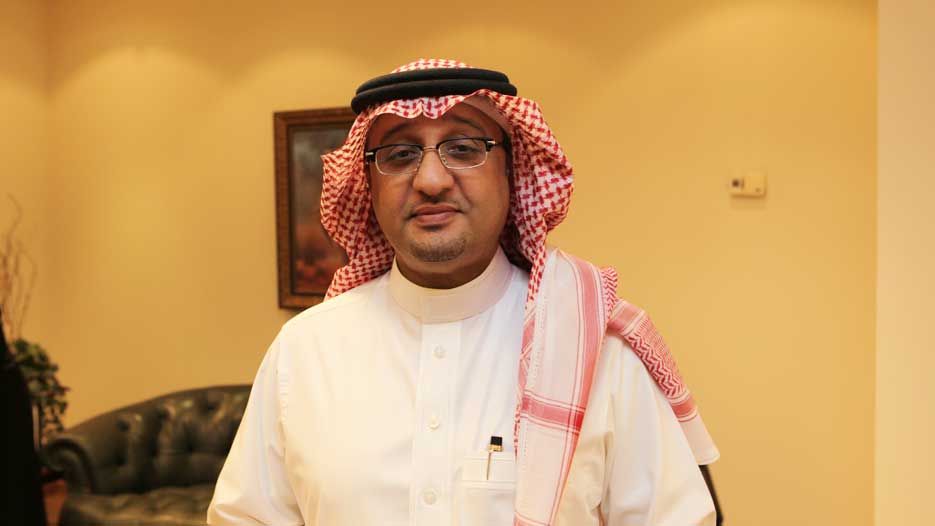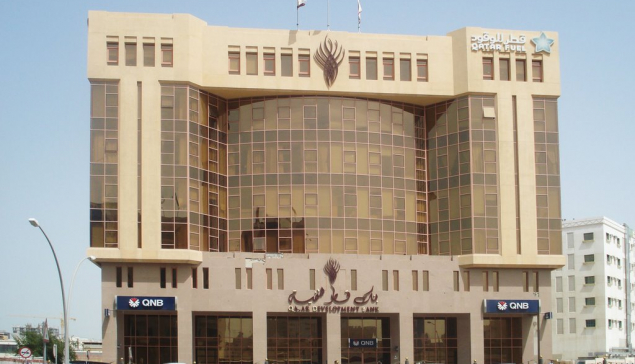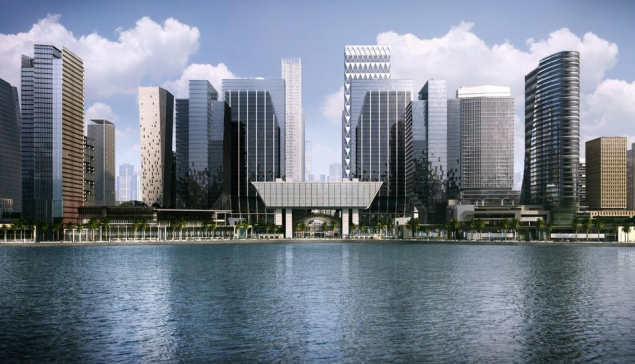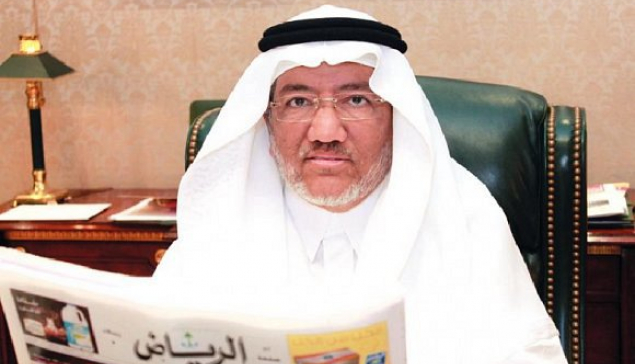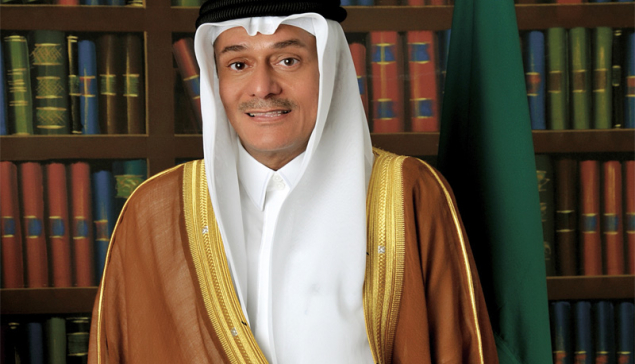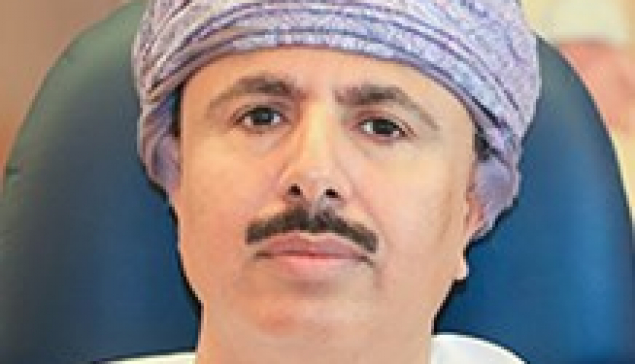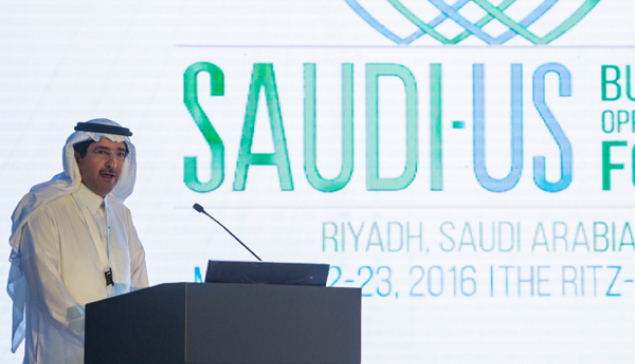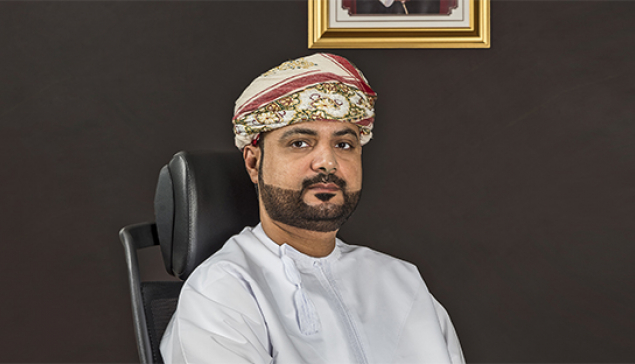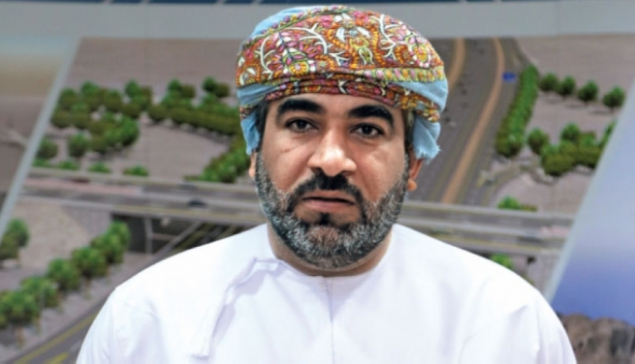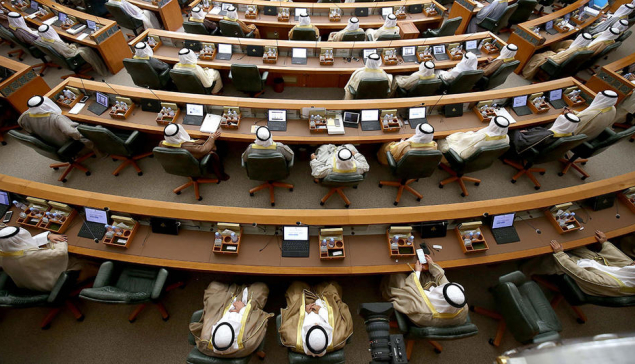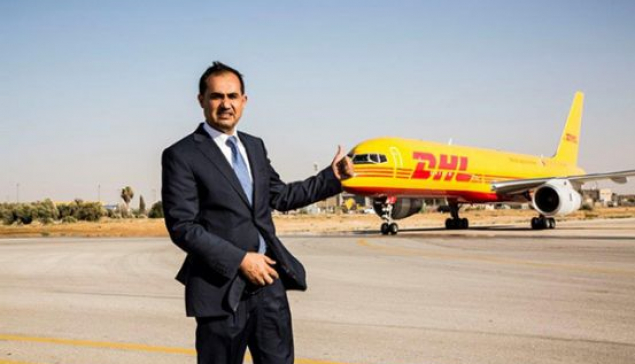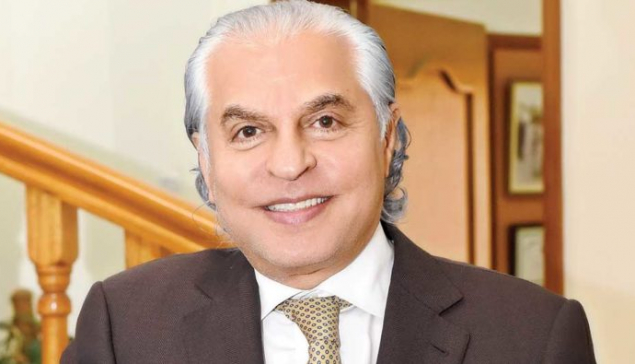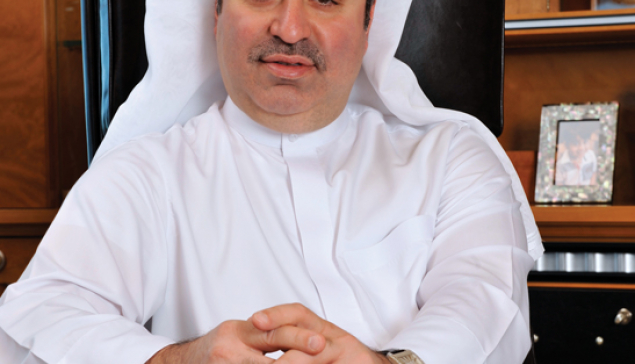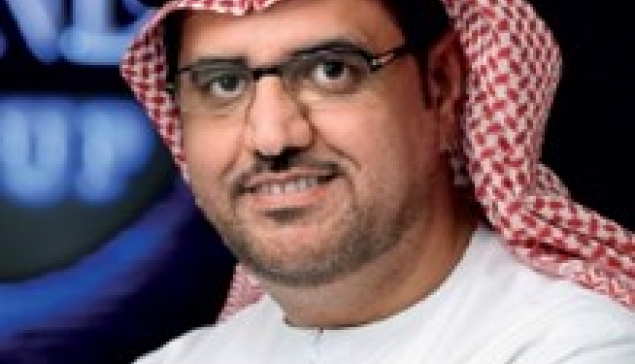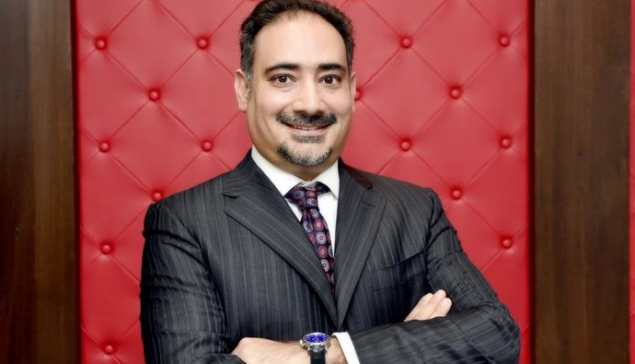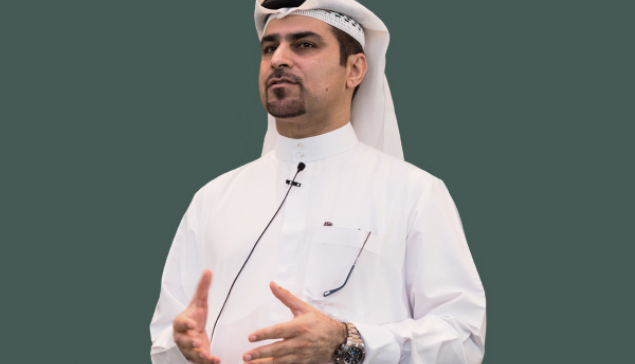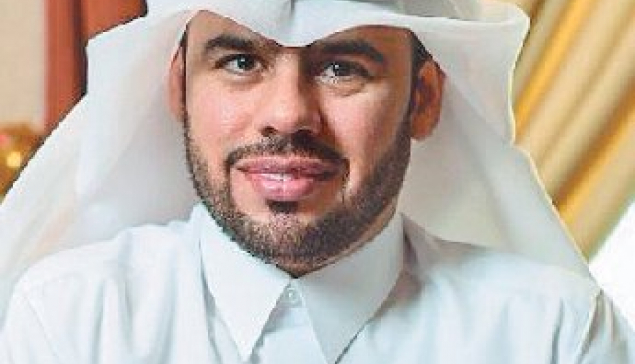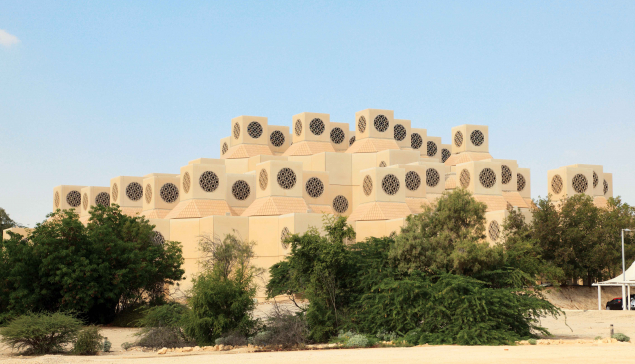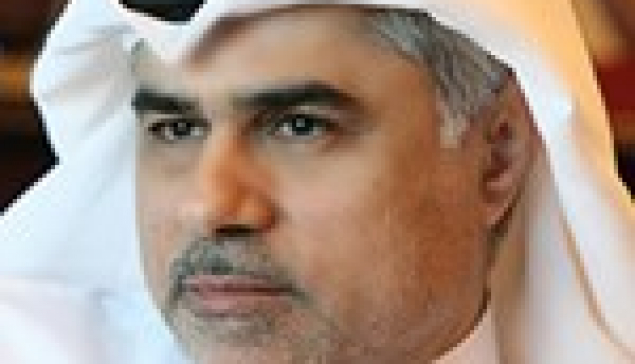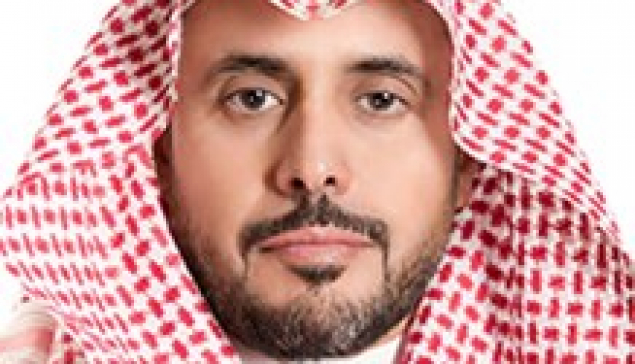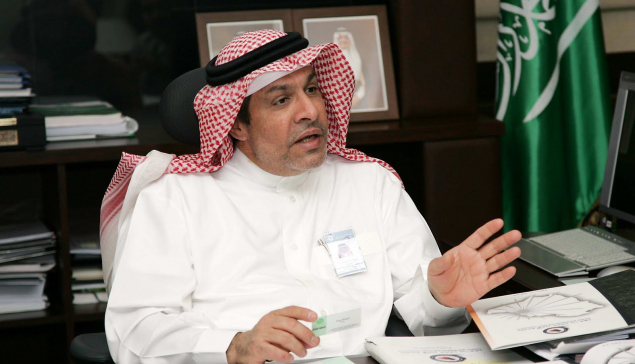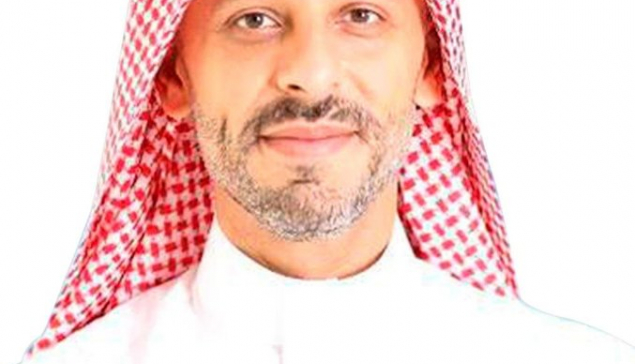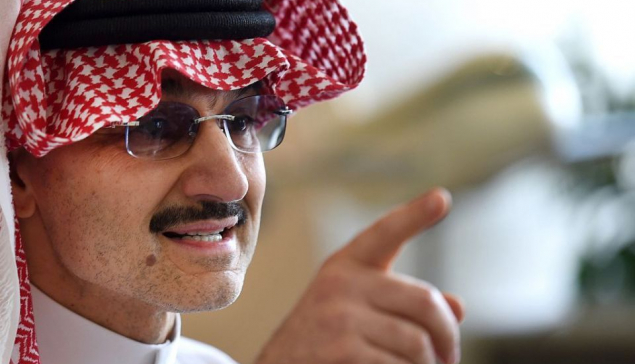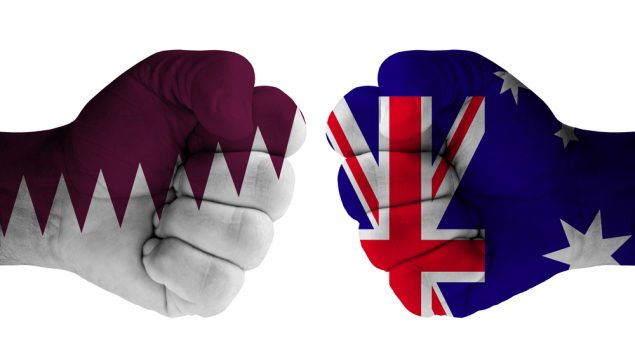Has there been a change in opinions in Saudi Arabia that the country possesses all the assets it needs and now is the time for utilization?
Absolutely. In Saudi Arabia we have scores of resources. What we are trying to do now is to utilize these resources in the, most efficient, economic, and beneficial way. This is key. We can no longer go ahead without planning and thinking strategically about every step of the way. The 2030 Vision has opened a broad horizon and reshaped how we do business. I am convinced that those who cannot cope with this new era should step aside. People are actually quitting if they are unable do what is required. There has been a change in the way of thinking, be it in ministries, government agencies, or the private sector. We are also optimistic; regardless of the situation today, we are on the right path.
How is the unified policy you debuted last year progressing?
We implemented the unified policy in phases and are now finalizing the fourth phase. The unified policy has been beneficial for the market and has solved most issues with fake insurance policies. We developed electronic solutions and made agreements with the Ministry of Interior to create a data center containing all the information of each insured person to verify that the information is 100% valid. We linked the identities to their mobile numbers, so we can contact and inform clients that they are insured. We have also resolved the issue of Saudis working in the private sector by ensuring that they are all included in the mandated health insurance scheme, which will also be done electronically. In 2017 we expect around 1.5-2 million Saudis will be enrolled in health insurance schemes. We also regulated a minimum list of health providers in each city. The policy will not be approved unless there is a minimum list. This year we will also hopefully we will be launching our biggest product, which is called SHIB, the Saudi Health Insurance Policy project. SHIB is a total transaction scheme. Our goal on this is billing with quality, not just a billing with service. Each organization had its own ways of thinking and acting, but now we are working to create a common platform that can be utilized by different agencies and organizations to unify all the quality standards, the platform standards, the electronic data centers, and the rest. This will help CCHI, as well as the other stakeholders and the insurers as well. We are collaborating with the Ministry of Health, the Council of Health Services, and the Transformation Center. We are cooperating with them nearly on a weekly basis and on all sorts of programs and projects, including the purchasing system, with the Ministry of Health, and with regulatory policy and strategy.
Will the private sector play a bigger role in health insurance?
Certainly. We cover almost 38% of the population under CCHI, Saudis and non-Saudis, all through private employment. With our cooperation, before 2020 there will be changes and growth in the private sector. The majority of the public hospitals will become corporatized. The demand is there and there is a lot to do for all sides: the health insurance companies, the public, and the private sector. Our goal with CCHI is to no longer achieve anything without KPIs. KPIs are now a keystone in all parts of the health sector. We are now creating KPIs for each employee, each section, and each department, for the CCHI, for the government, and for the companies. We are also planning to publish an evaluation that unites both us and the customer. This will ensure that we are be at the top of our game otherwise we will not survive the competition.
How have the stringent goals of the National Transformation Plan influenced your operations?
We are planning for a 100% digital transformation for the CCHI and the sector as a whole. We will cover the capacity; the provider side. We are looking for strong health insurance companies with strong regulations and are also making it about health, not just medical. We need to have a healthy population, not just adequate hospitals to treat the ill. We are also monitoring our transparency in terms of governance. By 2018/19, we will have a fund for those who exceed the maximum allowance. Our policy covers up to SAR500,000, and the fund will pay for those who exceed that. We are also proposing to amend and update our bylaws by 2018—we may even change the law itself. We have collected feedback from companies and are already drafting a proposal and will bring it to the Royal Cabinet. SHIB will start in 2018. We will have our 100% digital Center for Customer Services by then as well. Our unified policy will be completed in July 2017. We are restructuring the council and reengineering all our processes within 2017. By the end of the year we will have a project for the council's social responsibility to the sector. Soon we will launch our website, which will be full of data on both Saudis and non-Saudis and be updated daily. We are working with the Ministry of Health on pricing and developing hospitals' services. We are also cooperating with SAGIA on motivating investments in insurance and in the provider side, in both international and local investment. Visitors now already have to have full health insurance coverage from this year onward. All people entering for business must have insurance. All visitors, excluding the Hajj and Umrah visitors and diplomats, will have compulsory health insurance from a Saudi insurance company, and it will all be done electronically and on the spot with the premium added to the cost of the visa.
- Super User
- Finance
- Hits: 2784
